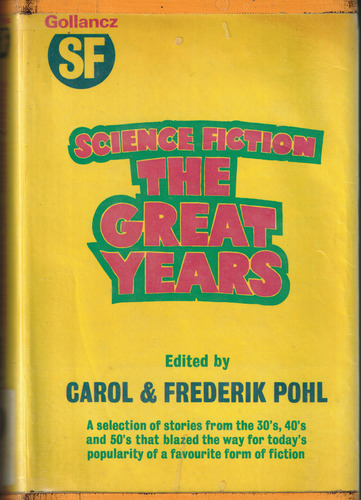A reporter who was sent to interview a surgeon is kidnapped by him and used as a human experimental subject. The surgeon surreptitiously tricks the reporter into inhaling halothane anesthesia (known for its quick action - '...even taking experienced anesthesiologists unawares'.) and by some sort of surgical procedure switches the reporter's mind with that of a collie. It isn’t a brain transplant but, as best I remember, either some sort of frontal cortex partial transplant or some other brain locus (?amygdala) partial transplant or exchange that somehow contains the mind and personality of the reporter. The reporter with the collie’s mind is kept prisoner by the surgeon. The collie with the reporter’s mind escapes. He goes to the newsroom he works in and tries to tell people what happened. He tries to talk but it comes out as barking. He tries to write on paper with a pencil in his mouth but can't manage it and is chased out of the building.
Somehow he manages to lure or intrigue one of his colleagues who was a close friend to investigate. In an alley the reporter-collie has scratched into the dirt the letters of the alphabet. He leads (lures?) the first colleague and a second reporter to this alley. The reporter-collie spells out words by pointing to individual letters with a stick with the two reporters standing behind him watching. He spells out how the evil surgeon switched his mind and personality with that of the collie. He may even have answered questions put to him by the two reporters. The first colleague who was his friend believes him. The second thinks it is all somehow a trained dog trick and doesn’t believe. At that point the first reporter says in a mild tone "Well, [Name of the surgeon who did it] just showed right behind us at the end of the alley.". The reporter-collie whirls around, teeth bared. This convinces the skeptical reporter since the reporter-collie reacted to the content of the sentence, not the mild tone.
The story ends with the reporter, still prisoner of the surgeon, slipping in and out of consciousness in his own body while still in a bed. I don't think he was completely back to himself but the tone of the ending was that the surgery was wearing off and even though possible for a short time could not suppress/transfer a person’s mind and personality indefinitely.

